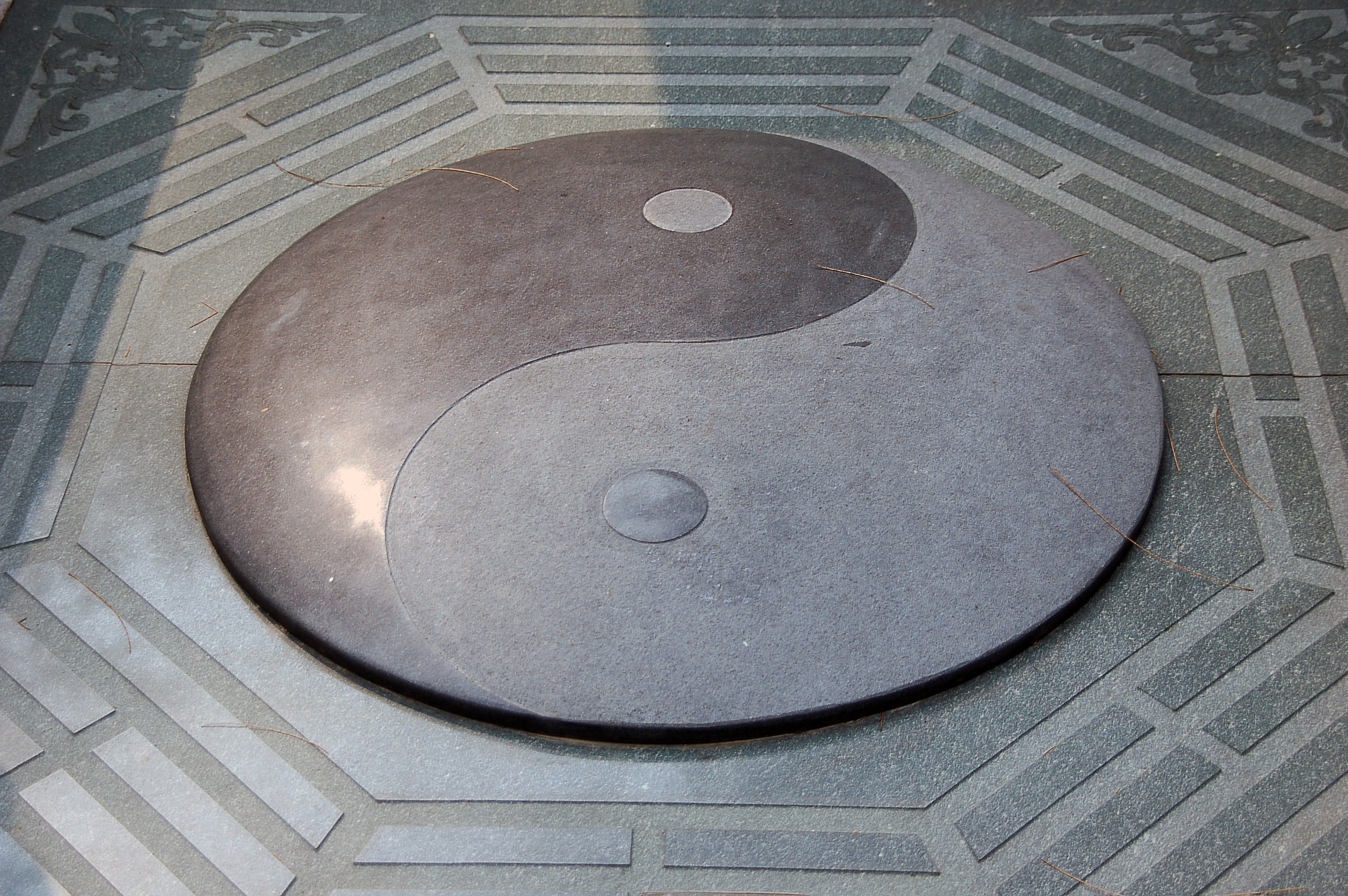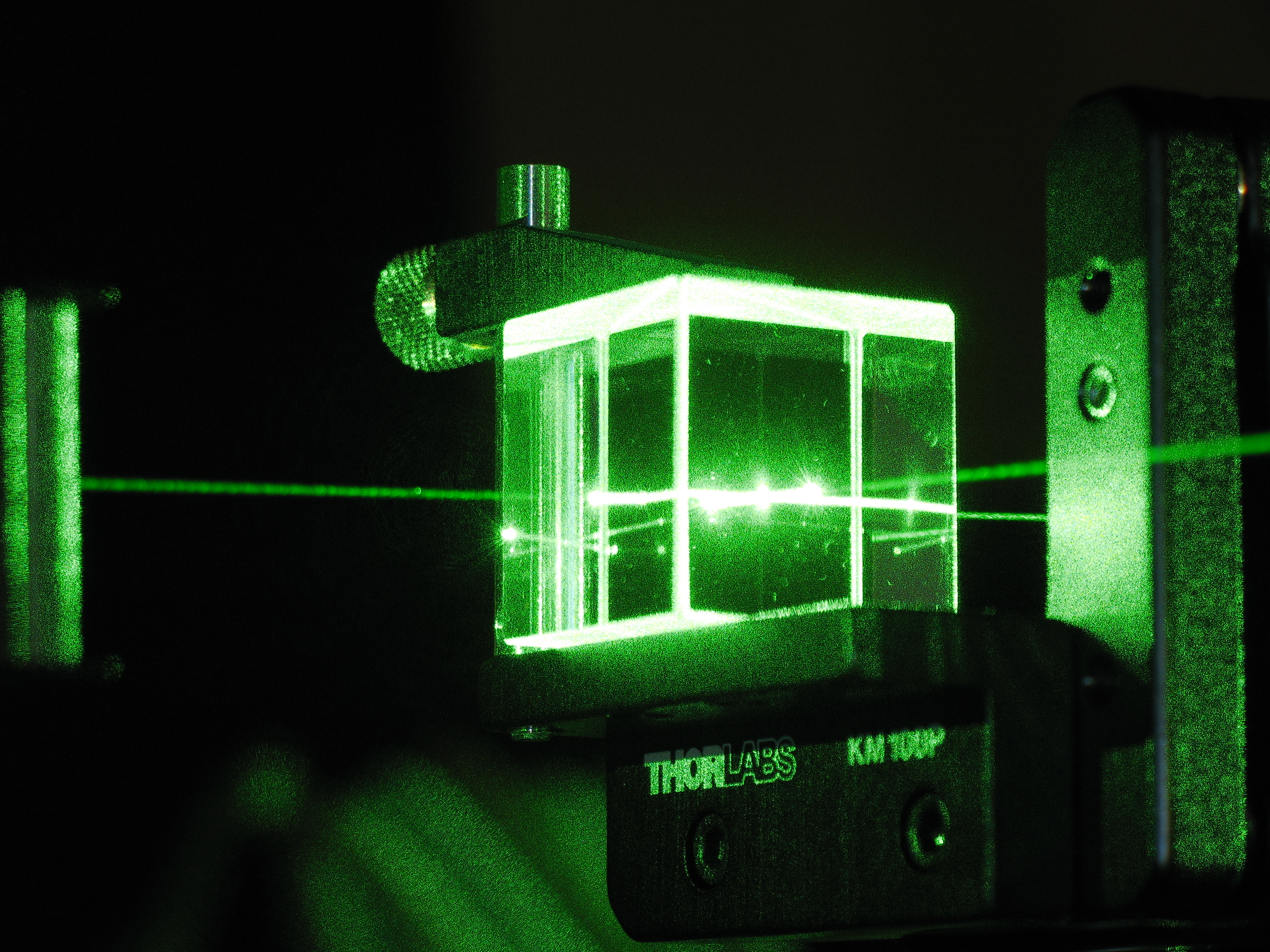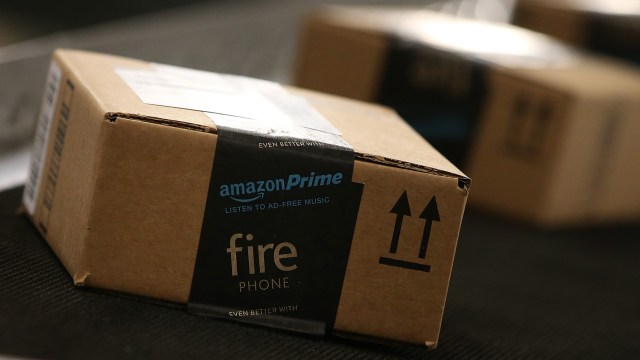Extroverts Prefer Plains, Introverts Like Mountains

People who live in mountainous U.S. states are more introverted than their fellow Americans in the flatter states. That curious link between topography and personality is proposed by a recent article in the Journal of Research in Personality.
The article, titled “Personality and Geography: Introverts Prefer Mountains,” contains a fascinating graph, linking elevation difference to large-scale personality data from all 50 states and D.C.
States on the left of the graph are flatter than states on the right; states at the bottom have relatively more introverts than states at the top of the graph. Alaska, by far the most mountainous state, is among the most introverted — only preceded by Maryland and New Hampshire (which are, however, much less incidented). North Dakota, America’s most extroverted state, is also one of its flatter ones. Extroversion runners-up Wisconsin and D.C. are almost pancake-flat too.

The graph does not explain whether people become introverted in a mountain state, or flat-state introverts have a tendency to head for the hilly parts of the country. The old nature versus nurture debate, in other words. But in a very strange context.
Full article herein the Journal of Research in Personality. Many thanks to Mark Feldman, who saw it mentioned here on The Washington Post’s Wonkblog.
Strange Maps #732
Got a strange map? Let me know at strangemaps@gmail.com.





